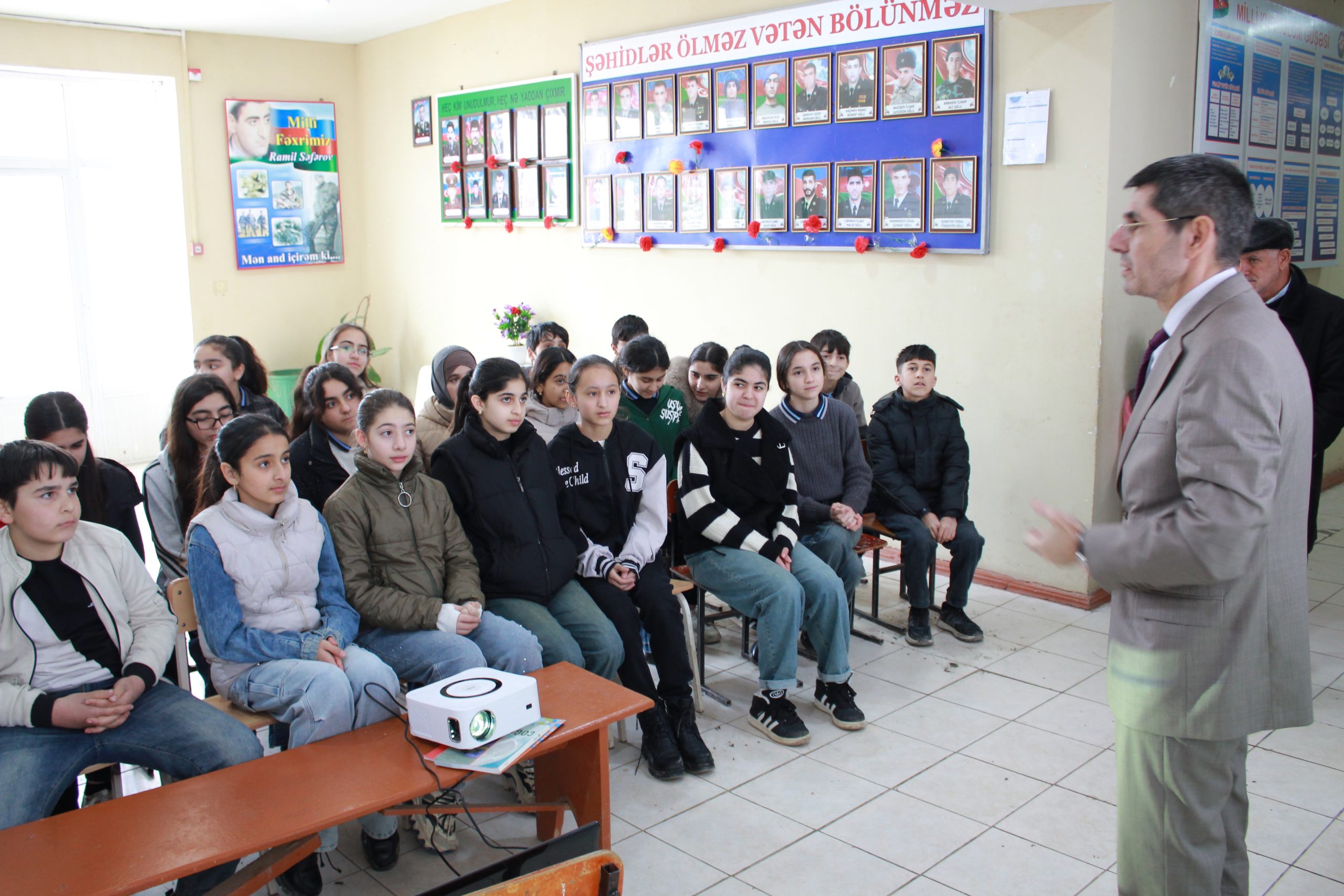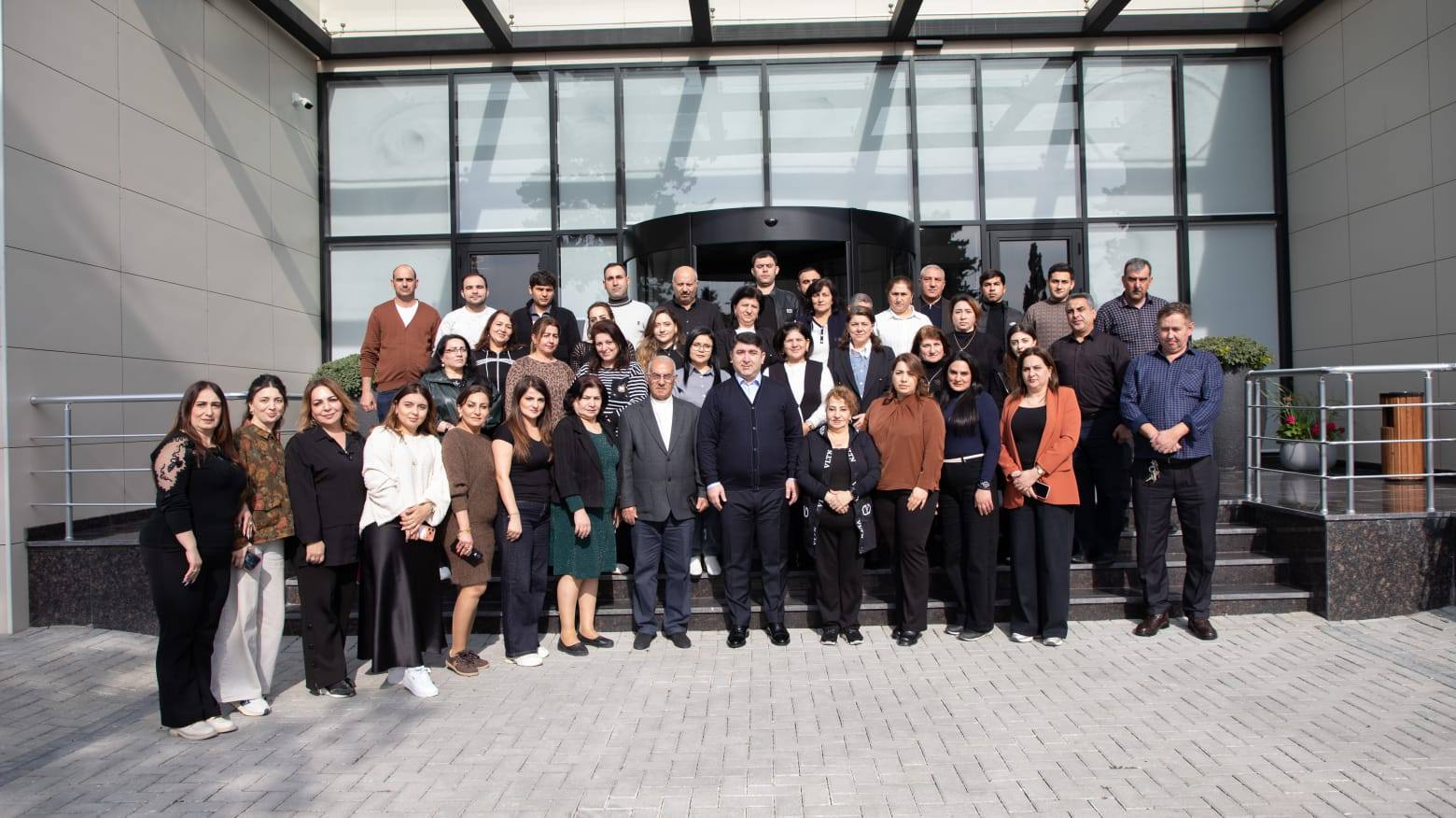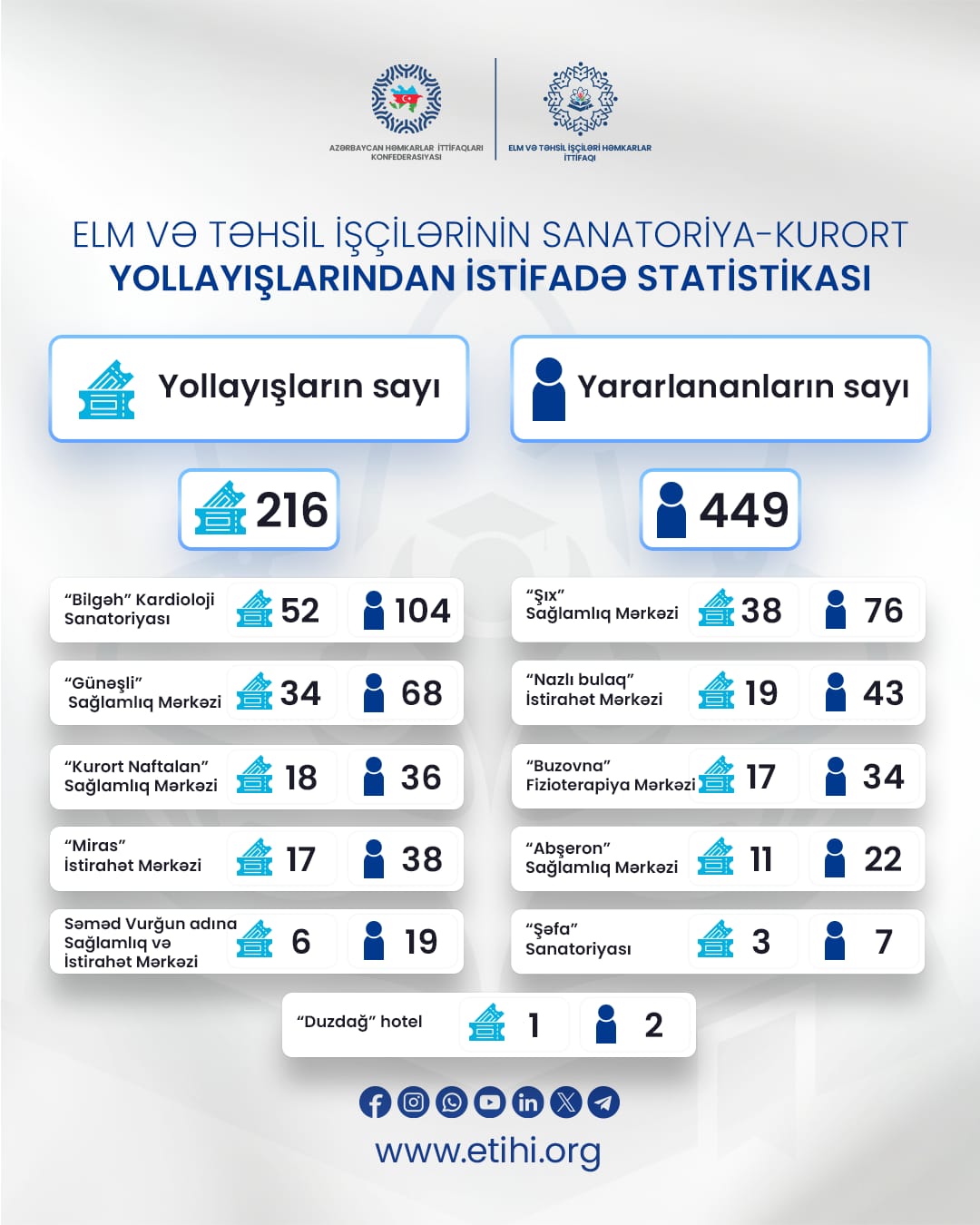According UNEP data, almost three billion people – most of whom live in Asia and sub-Saharan Africa – rely on open fires and traditional biomass such as wood, dung and crop waste for cooking and heating.
These fuels are generally collected by women and children, taking up a huge amount of their time that could have been spent on schooling, work opportunities or simply having fun.
Switching to electricity, especially in rural areas, can remove this burden from young and female shoulders. The power produced not only avoids deforestation and air pollution but also offers them with new opportunities for a better standing in society.
In Nicaragua for example, access to electricity increased work by rural women outside the home by about 23%*, with similar effects observed in Bhutan and Bangladesh. In Brazil, girls in rural areas with access to electricity have meanwhile been shown to be 59%more likely to complete primary education by the time they are 18 than those without*. Solar micro-grids can provide safe, clean and affordable energy for such rural areas.
Cleaner cooking stoves also mean improved air quality for the lungs of children and women, who no longer have to breathe in harmful cooking fuels. Air quality has a disproportionate effect on children and pregnant women.
UN Environment is helping to bring about such changes on the ground. In 2015, we partnered with organisations to inaugurate Haiti’s first renewable energy micro-grid, providing 430 households and shops with a clean energy source — a model that can be replicated.
Our Solar Loan programmes have also shown how solar cookers can be economically feasible in India and Indonesia for example and have been taken up by banks.
More broadly, UN Environment works with countries to remove gender-specific barriers in access to finance, employment, information and skills, as well to change harmful social norms. By overcoming these barriers, we can unleash the power of clean energy as well as free the potential of women and children.
GreenPen.az







